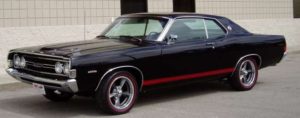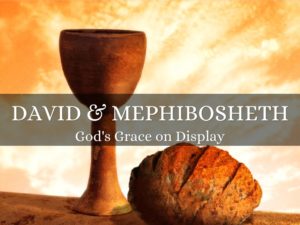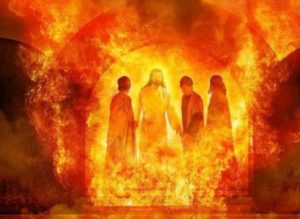I completed a Bible study a couple of months ago with ten men about decision making. It was about the choices we make and what criteria we as Christians should use. But while looking through my obligatory Facebook friends, I was struck by a forlorn and heart-breaking post. He lives in the back of his car, lives from moment to moment and he seems to be saying, “I have no choices left.” The outpouring of this helplessness is being spewed out for the world to hear and it is all negative.
In John 15 there is an account of an invalid. Someone in worse circumstances than my acquaintance. He could not walk. He couldn’t gain meaningful employment. His only choice was to depend on a few that knew him to bring him to a place of prayer, the pool of Bethesda. No options, no hope, no dignity, no expectations other than getting into the swirling waters first. But even that was almost impossible because he had no one to help him in. As Max Lucado said, “God’s efforts are strongest when our efforts are useless.”
Jesus told the man, “stand up, pick up your mat and walk.” In a moment a flash of a second the man was able to do just that.
We have to take Jesus at His word. When God tells us to get up and get out, God enables this motion, this progress to something better. I believe there is a stubborn unwillingness to cast off our maladies and just do. When Jesus forgives your sin let the guilt go with it. When Jesus says you are a child of God, act like it. When Jesus says something it is our obligation to believe Him.
When Jesus says, “stand up,” don’t just sit there thinking of all the reasons not to but in faith, get up and go.
Just saying.


 Way back in the day I owned one hot 68 Ford Fairlane two door. It was a very special car and it had a lot of work done. I had all the chrome and emblems removed and painted it with six coats of #44 black lacquer and it was buffed mirror shine. It was fast. It had a 428 cu in (7.0 L) Cobra Jet, developing 335 bhp. The largest tires that would fit under the wheel wells on the rear, gave it a rake that looked mean.
Way back in the day I owned one hot 68 Ford Fairlane two door. It was a very special car and it had a lot of work done. I had all the chrome and emblems removed and painted it with six coats of #44 black lacquer and it was buffed mirror shine. It was fast. It had a 428 cu in (7.0 L) Cobra Jet, developing 335 bhp. The largest tires that would fit under the wheel wells on the rear, gave it a rake that looked mean. With apologies to Dr. Henry T. Hodgkin a medical doctor and Quaker missionary in the early 1900’s, I wish to share with you a philosophy that he wrote just prior to the first World War. He was a true pacifist and was feeling the brunt of the national ardor of becoming part of the War of all Wars. It speaks to me as what a Christian attitude should be. I have taken a little license to paraphrase his text to bring common vernacular and understanding. It is primarily what kind of attitude one should have when confronted by someone with a differing opinion.
With apologies to Dr. Henry T. Hodgkin a medical doctor and Quaker missionary in the early 1900’s, I wish to share with you a philosophy that he wrote just prior to the first World War. He was a true pacifist and was feeling the brunt of the national ardor of becoming part of the War of all Wars. It speaks to me as what a Christian attitude should be. I have taken a little license to paraphrase his text to bring common vernacular and understanding. It is primarily what kind of attitude one should have when confronted by someone with a differing opinion.
